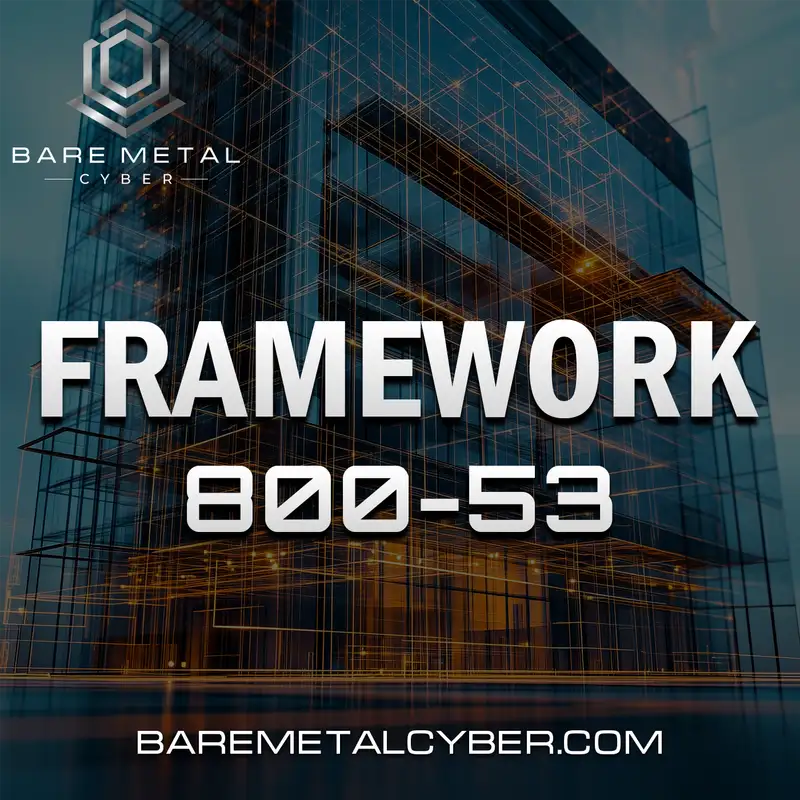Episode 66 — Maintenance — Part Three: Evidence, approvals, and pitfalls
Evidence for maintenance controls in NIST 800-53 proves that servicing actions were authorized, executed within guardrails, and verified after completion. For exam readiness, focus on the artifacts that demonstrate this chain: approved work orders referencing change tickets, identity-verified technician records, time-bounded access grants, session transcripts or logs, and post-maintenance validation results. Evidence must link the who, what, when, and how of each activity to the affected configuration items, with timestamps synchronized to enterprise time sources. Approvals should reflect risk-based review, including segregation of duties and escalation for high-impact components. Weak evidence often stems from informal communications, undocumented emergency work, or orphaned maintenance accounts that remain active beyond their window. The goal is defensible traceability that allows assessors to reconstruct actions and confirm that system integrity and availability were preserved throughout the maintenance event.
Operational pitfalls emerge when organizations treat maintenance as a routine exception to control rigor. Common failure modes include shared credentials for vendors, unrecorded use of portable media, missing session capture for remote work, and skipped post-change functional checks. Strong programs mitigate these risks with pre-approved tool lists, ephemeral access tokens, and automatic log harvesting into centralized repositories tied to the configuration management database. Approvals are meaningful when they specify scope, permissible commands or procedures, and rollback conditions, not just a generic green light. After-action reviews close the loop by confirming that monitoring signals, performance baselines, and security controls returned to expected states. By curating complete, current, and correlated evidence, organizations transform maintenance from a blind spot into a controlled, auditable process that stands up to scrutiny. Produced by BareMetalCyber.com, where you’ll find more cyber audio courses, books, and information to strengthen your educational path. Also, if you want to stay up to date with the latest news, visit DailyCyber.News for a newsletter you can use, and a daily podcast you can commute with.
